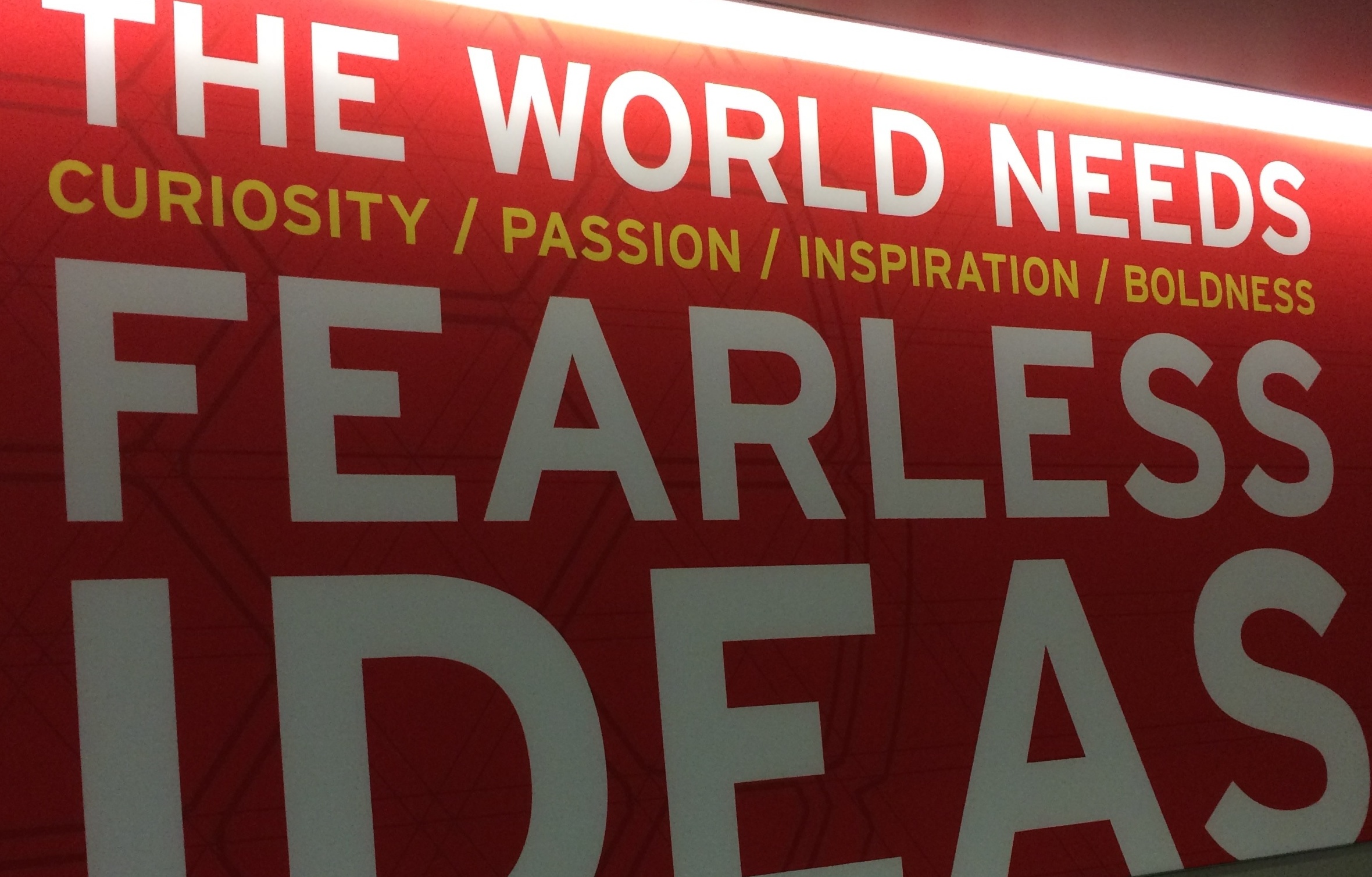“We think that technology people might benefit from some of the soft skills,” an O’Reilly exec said when he approached us about doing a video program based on our book, “Rebels at Work: A Handbook for Leading Change.”
Carmen and I smiled and agreed, holding ourselves back from being bad rebels and shouting, “Might?? Might?! It’s all about soft skills. You can’t get any kind of meaningful work done if you don’t know how to enlist support, have difficult conversations, build positive relationships with people who aren’t necessarily warm and fuzzy, communicate in ways that connect with heads and hearts, and develop personal resiliency so that you can weather those times when things don’t work out.”
Like good rebels, we calmly acknowledged that there is a need for soft skills if you work with people, and if your work requires you to get support for new projects or introduce new ideas, you need soft skills squared.
Then we got to work creating a program that’s like a graduate seminar in organizational dynamics and emotional intelligence, interviewing fascinating experts like Adam Grant, a Wharton School professor and author of Originals: How Non Conformists Move the World, Maria Sirois, a psychologist with deep expertise in positive psychology, Paul Furey, a psychologist who coaches business people in how to have difficult conversations.
Some soft skill highlights from the “Be a Brave, Big-Hearted Rebel At Work: Get Unstuck, Find New Perspective” video learning program:
- The single most important “soft skill” to develop? Reduce the anxiety of people you’re talking and working with. Executive coach Maria DeCarvalho on how to deliver difficult messages.
- The single biggest mistake to avoid? Creating disruption at work. Focus on developing relationships, not disrupting and alienating people. Corporate Rebels United's Peter Vander Awera on learning from setbacks and failures.
- What to do when the you-know-what hits the fan? Lean on your biggest strengths, and be more of who you are when you’re at your best. Psychologist Maria Sirois on developing optimism and resiliency.
- How to find the right boss and place to work? When interviewing probe how open the organization is to people who want to introduce to ideas. Specifically ask: What happened to people who brought up unpopular ideas? What questions are off limits? (Ideally, none should be) What’s the biggest problem in this organization that everyone recognizes and no one talks about? Author and Wharton professor Adam Grant on what to look for in managing the relationship with your boss.
- The amazingly simple way to settle down and not say something stupid when we’re becoming emotional? Say what you’re feeling. When we hear ourselves say what we’re feeling we settle down and become more rationale. Psychologist Paul Furey on managing your emotions and anger.
- What is the biggest reason so many good ideas never happen? We create solutions to the wrong problems. Maria DeCarvalho walks through the Immunity to Change framework, which helps diagnose the real problem in an organization.
- What would happen if there were no rebels and change agents at work? Insanity. Art of Hosting master facilitator Tenneson Woolf in the Parting Shots video, a free segment with some “best of” advice.
Who needs to improve their soft skills? All of us.
p.s. – A recent study in the U.K. found that soft skills are worth £88bn to the UK economy. According to Neil Carberry, director for employment and skills for the Confederation of British Industry, "Business is clear that developing the right attitudes and attributes in people - such as resilience, respect, enthusiasm and creativity - is just as important as academic or technical skills.
Learn more about the Be a Brave, Big-Hearted Rebel video program here.

